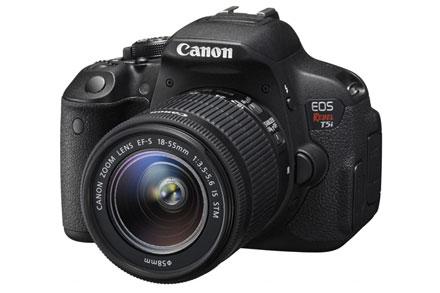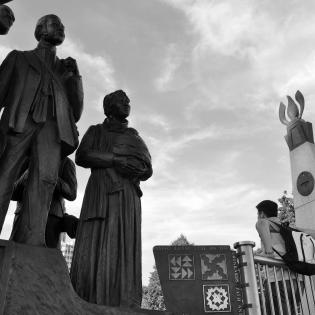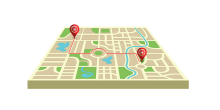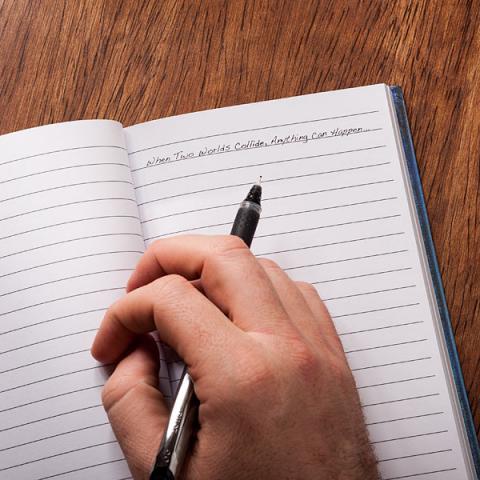Service-Learning and Community Building Activities
The activities described here are linked at the bottom of this page to help learners get to know their community and the resources there. They also help students take action to address a need and then reflect on the service-learning process.
Community Mapping
Students may start the service-learning planning process by identifying the resources that are available in their community. Creating contact lists and physical maps of nearby institutions and associations will enable students to visualize the unique assets that are present in their communities. The activity connects students with the community and helps them gain a picture of community needs and assets, and may spark new inquiries and learning opportunities.
Guided Research and Investigation - PICS Method
 Publication - Investigation – Consultation – Surveillance: Meaningful service-learning requires well-planned research! Although internet searches and print materials can be useful sources, other forms of research must be utilized in order to optimize your efforts. The “PICS” method consists of four research methods to help collect valuable information that can be used to develop an impactful service-learning project.
Publication - Investigation – Consultation – Surveillance: Meaningful service-learning requires well-planned research! Although internet searches and print materials can be useful sources, other forms of research must be utilized in order to optimize your efforts. The “PICS” method consists of four research methods to help collect valuable information that can be used to develop an impactful service-learning project.
Designing a Mobile Application:
 Students demonstrate their learning about the history and geography of their city by creating a mobile application that operates as a virtual tour guide to inform community members of the historical elements of the city. The final product will be a GPS-based app that allows users to automatically receive information to their mobile device (e.g., pictures, descriptions, voice recordings, etc.) about the location they are near.
Students demonstrate their learning about the history and geography of their city by creating a mobile application that operates as a virtual tour guide to inform community members of the historical elements of the city. The final product will be a GPS-based app that allows users to automatically receive information to their mobile device (e.g., pictures, descriptions, voice recordings, etc.) about the location they are near.
Reflection: What? So What? Now What?
This three-part reflection prompts students to a deeper reflection of their impressions, feelings, judgments, and hopes.


